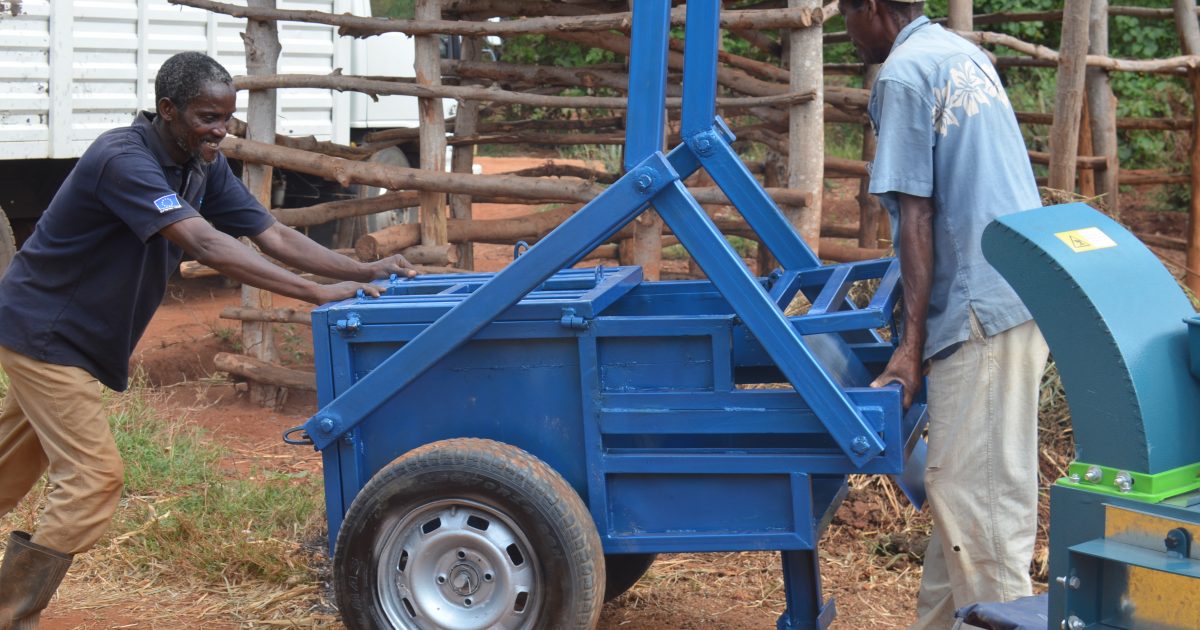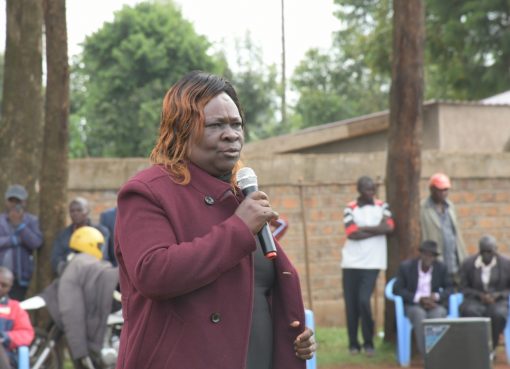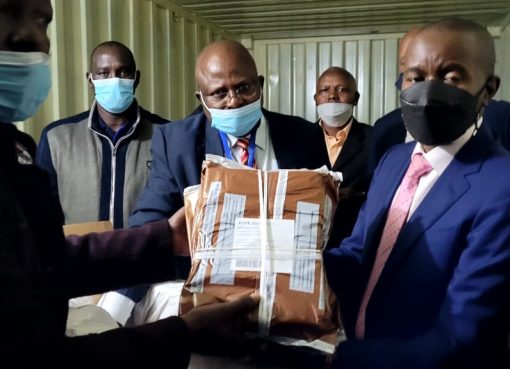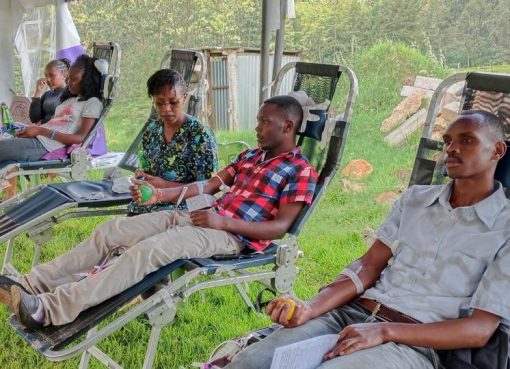The commercialization of hay production in Taita-Taveta County went a notch higher after a youth group in Modambogho village in Mwatate received fodder-manufacturing equipment worth Sh1.3 million to support the dairy industry in the region.
The group, Tsavo Beekeeper Association, received several mobile hay balers, brush cutters, shredders and weighing machines to monetize fodder production and diversify income streams.
Mr Ismael Mashila, a group member, said the equipment would enhance their hay production capacity and support their objective of engaging in a controlled equipment-leasing program that will target large-scale farmers and ranches in the region.
Mashila disclosed that for years, the group has been harvesting hay manually using sickles, slashers and pangas; a labor-intensive activity that had minimal returns.
“It was both a time-consuming and difficult job to cut grass and hay using manual tools. We are now poised to start engaging in large-scale production to meet the clients’ demands for hay,” he said.
The modern equipment was donated by the Kenya Crops and Dairy Market Systems (KCDMS) under USAID as part of a social inclusion program that targets to empower youth and women especially in marginalized areas.
Ms Sophia Mbinga, a member of the group, said that mechanization of hay harvesting and baling would see the group triple its production capacity with minimum ease. She added the manual process was laborious and the group would barely manage to make 100 bales of hay per day.
“When the demand is high, we could struggle a lot because we had to cut and put the hay in wooden boxes. We now expect to make over 300 bales per day to meet our clients demands,” she explained.
As part of training on fodder management, officials of KCDMS have trained the group members on the best practices on hay production. The groups have also been taught on quality improvement of their hay to make it marketable both to local farmers and ranches in the region.
Mr Peter Njina, KCDMS officer-in-charge of social inclusion and Access to Finance for Eastern region, said the group was expected to grow their revenue streams by making good use of the equipment.
He further stated that the training given to the group was part of enhancing sustainability of the haymaking project in years to come.
“They have been trained on how to manage the project and this will see them grow and support their economic growth at the domestic level,” he explained.
Tsavo Beekeeper Association has a 20-acre of land where they grow their hay for sale. There are plans to expand the hay-planting field to increase production.
Mashila said the group would decide on the modalities and rates the machines will be hired out at. The proposal was initially to have a set of equipment consisting of hay-baler, grass cutters and shredder placed at selected villages to ease the members’ access to them.
There are also plans to hire the equipment out to hay growers in the region. “These are revenue streams that the group will explore to generate money for the group,” he explained.
He added that during the rainy seasons, grass and hay grows in abundance with little effort to harvest and store. When drought comes, the grass dries and livestock start succumbing to drought. It is the need to address this challenge that drove the group to seek a means to conserve hay and sell to farmers during the dry season.
“We always have adequate grass when it rains but storage has been the greatest challenge. With the new equipment, we can address that matter,” he said.
The group will also target to offer hay-harvesting services for ranches. The region has 33 ranches that occupy over one million acres of land.
By Wagema Mwangi





